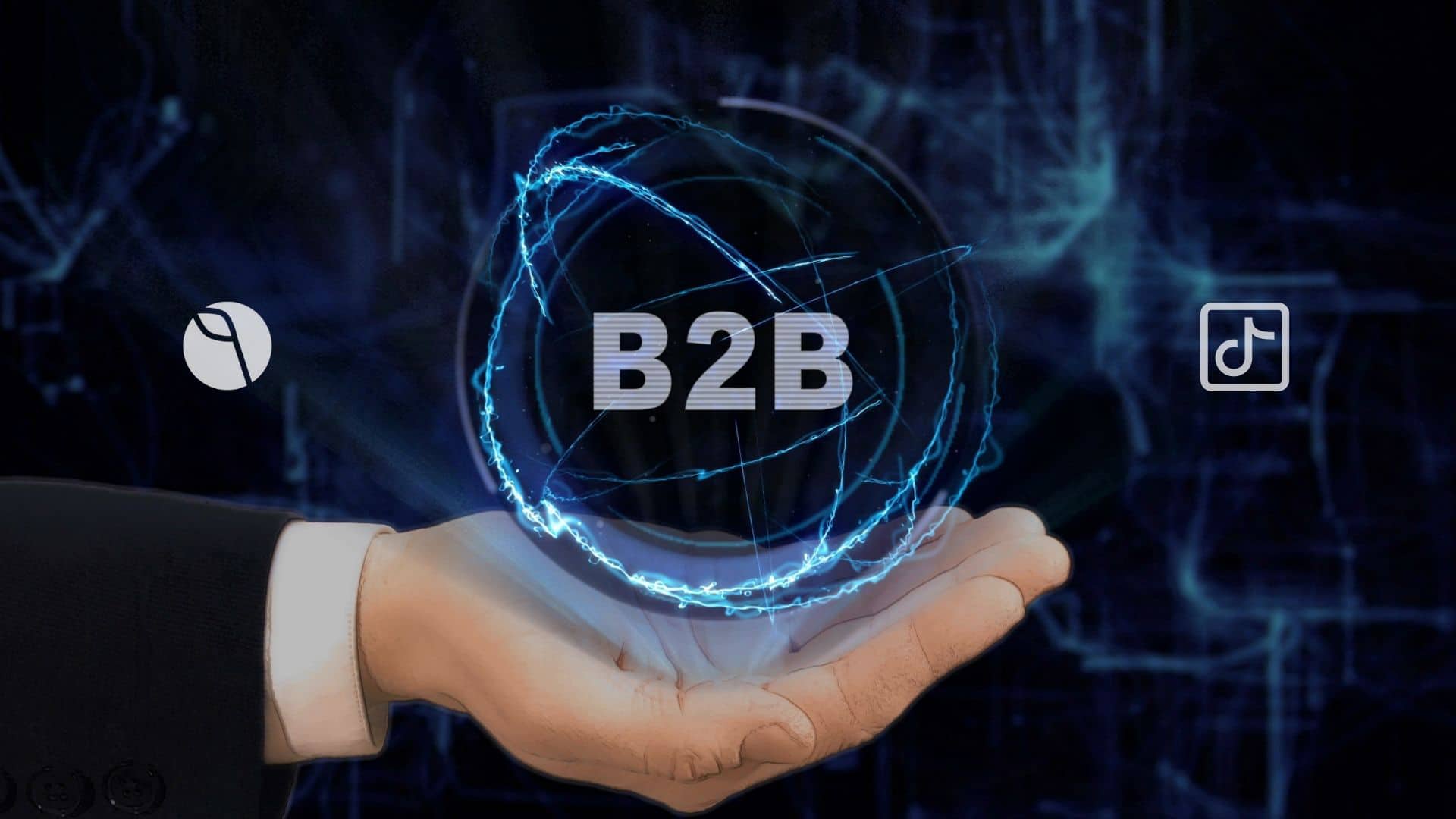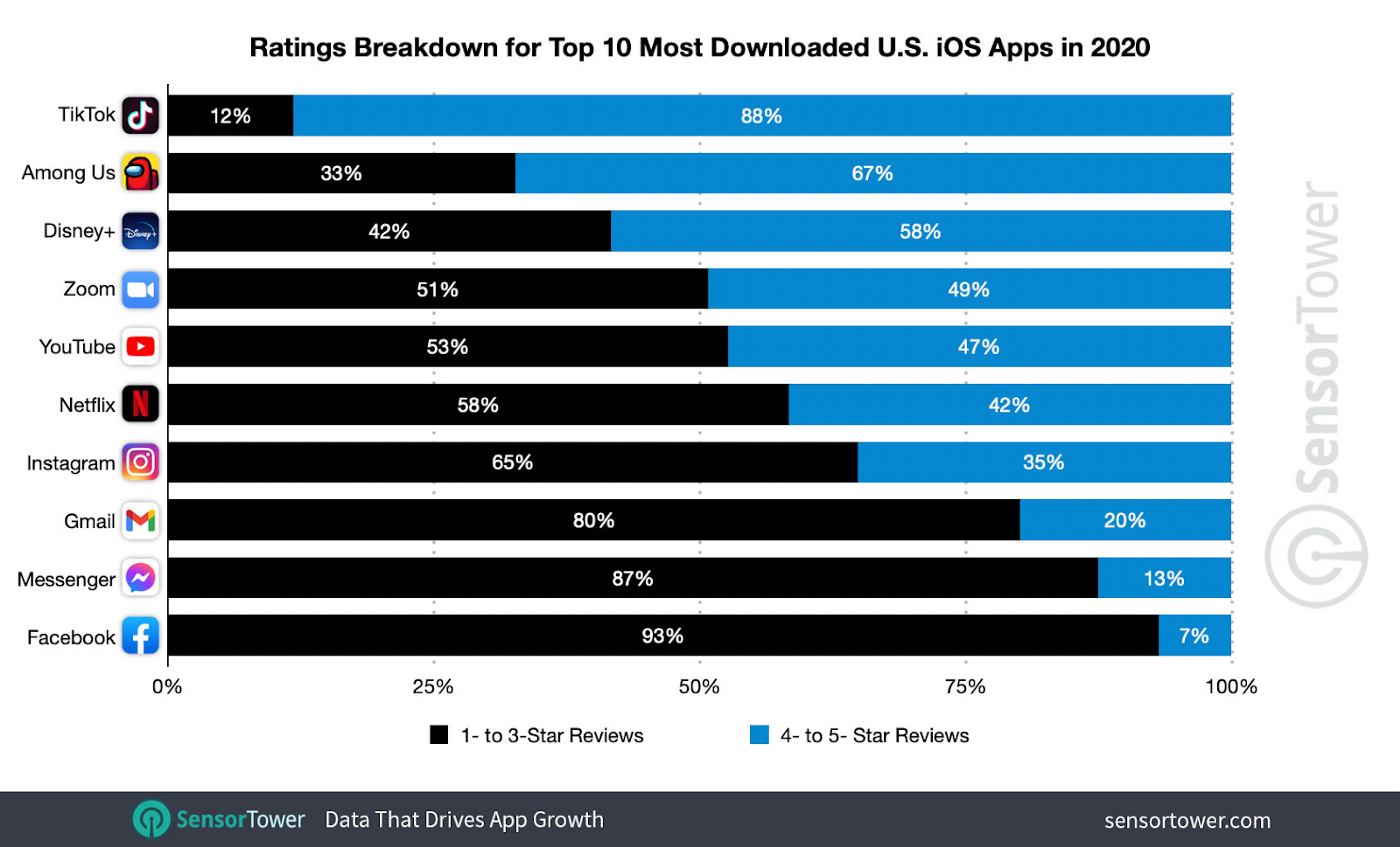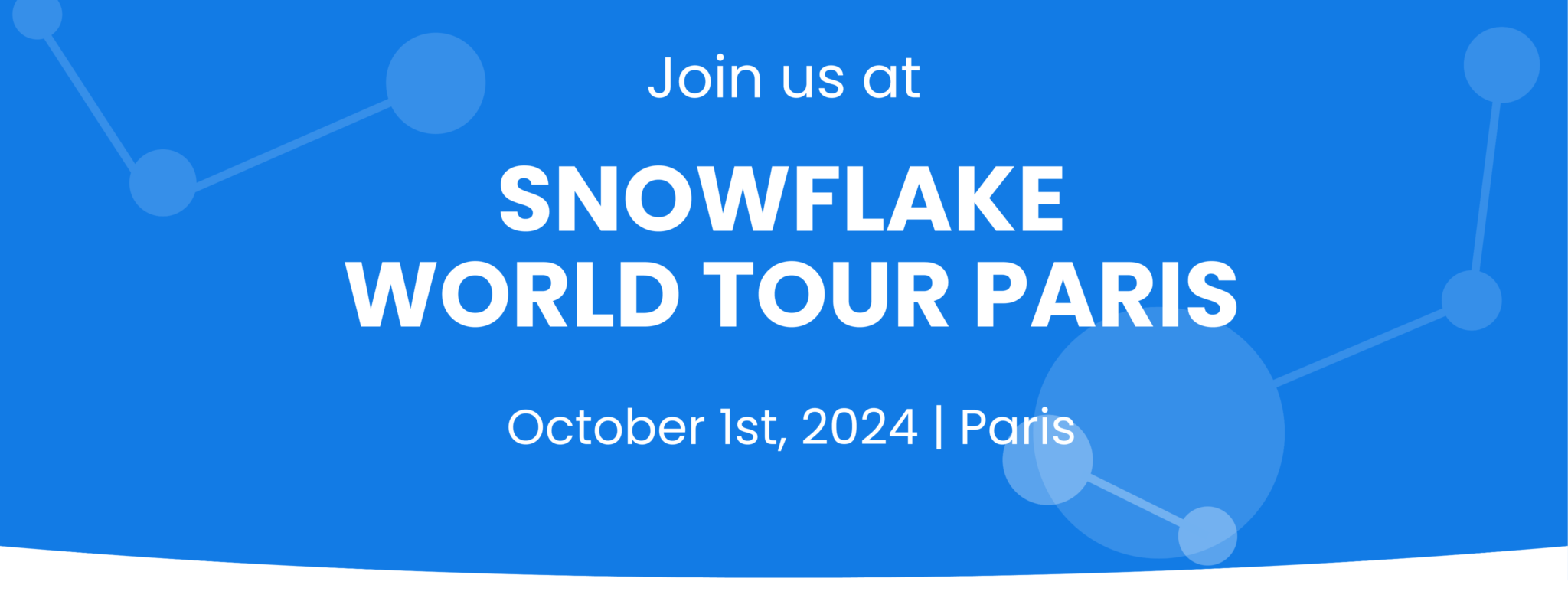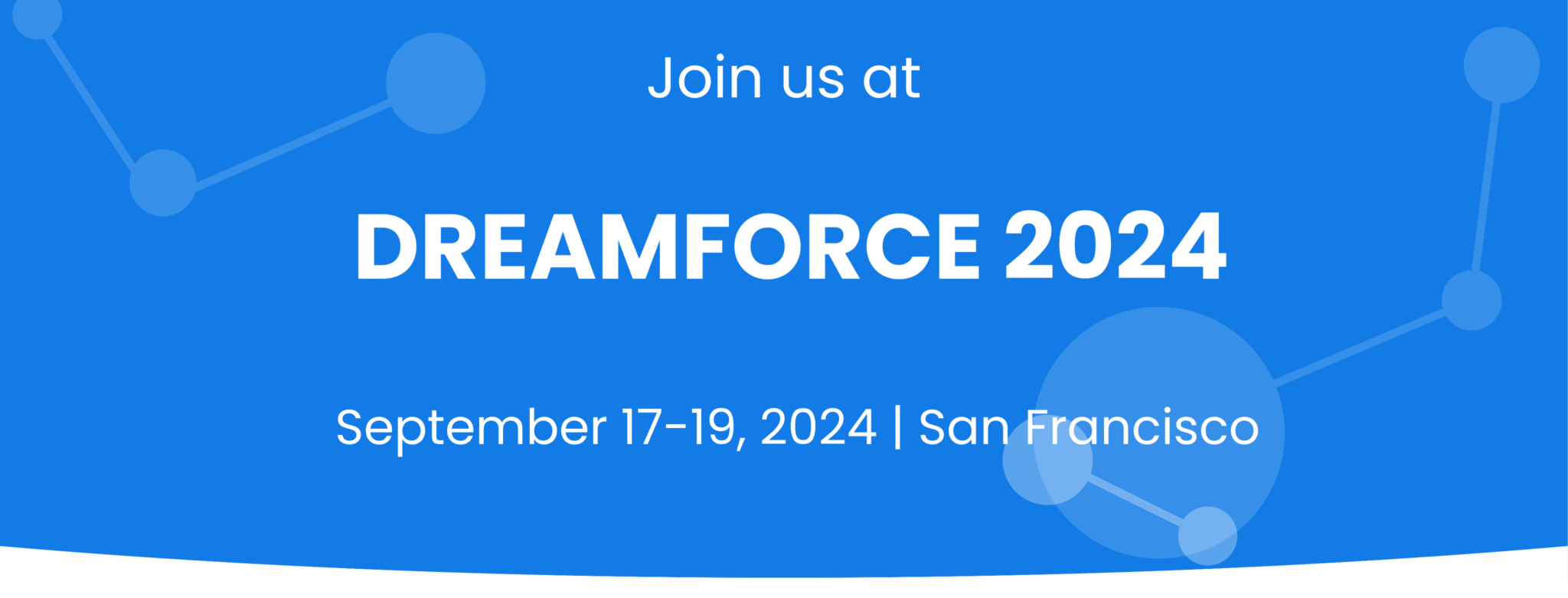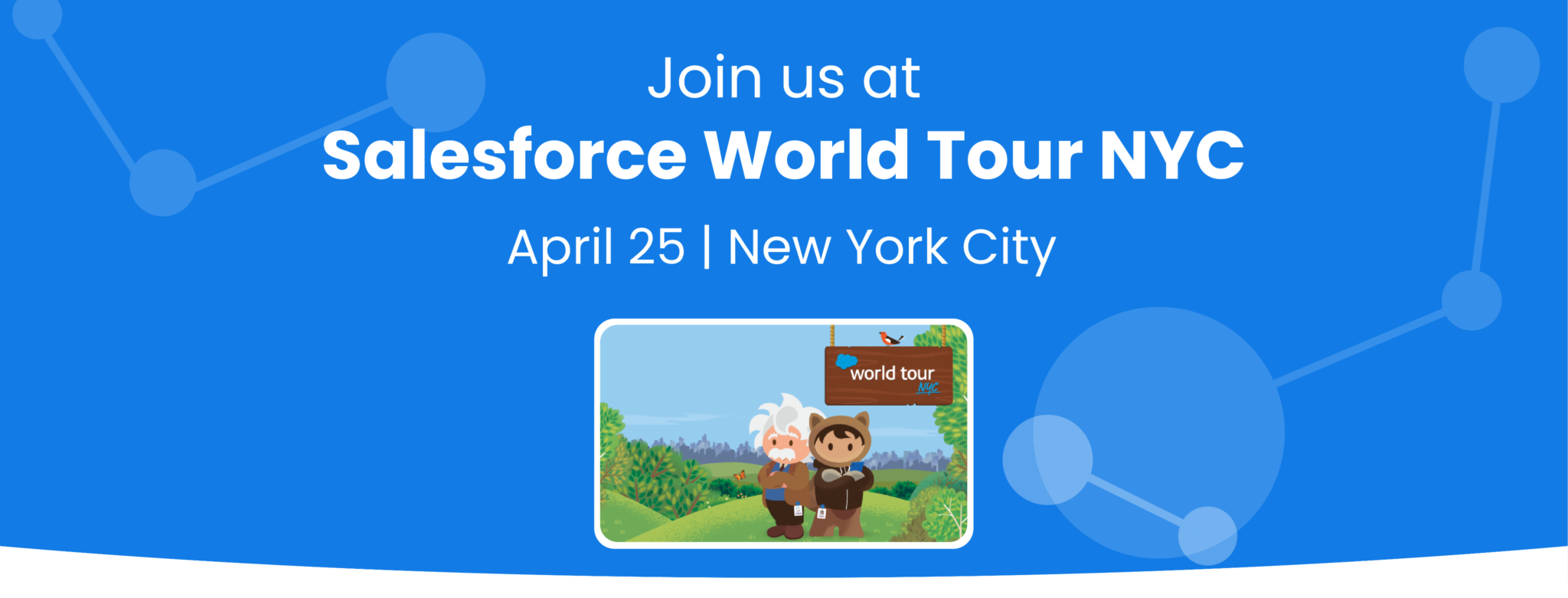Delpha’s Recommender System: TikTok algorithm for Salesforce Users
Published by Delpha on October 3, 2022
It should be of no surprise that our lives are already being influenced by some form of AI and/or ML. The speed at which new applications are developing and getting deployed in our communities is astounding.
“AI will be the best or worst thing ever for humanity.” -Elon Musk
However, this speed is also spurring concern, fear, and disappointment about the legal and moral questions that some of these technologies present to our communities and institutions.
One of the more popular debates is autonomous driving—how do we change our laws to accommodate for when accidents occur? Who is liable? The programmer? The brand? Will insurance companies change their rates for activities where autonomous drivers are present? The challenge is finding a balance between spontaneous and error-prone humans to potentially completely predictable machines.
When it comes to AI, there’s also this deeply ingrained fear that these technologies will replace humans (insert fear of taxi and Uber drivers if autonomous vehicles start transporting people).
The economics in time will answer this question as to whether the displacement of human labor will actually be detrimental for the job market or if the gains in efficiency will spur greater demand for human labor in new areas.
But that’s why we at Delpha believe that AI shouldn’t be equated with replacement, but rather with the new value. The notion that there will be significant gains and advancements when AI is integrated into human-enabled processes and used to reinforce their behavior.
In this article, I will discuss:
- The success of TikTok’s algorithm
- How Delpha is implementing an AI recommender system to improve data quality and provides actionable insights in Salesforce
- Unique features of Delpha’s algorithm
- Examples of how a B2B recommender tool for Salesforce CRM users can improve sales and business productivity
One of the key engines of our tool is the recommender system we have built so I will begin with one of the most popular recommender apps in the B2C market today—TikTok—and extrapolate how we are applying it to B2B.
The algorithm that flew straight to the top
Thanks to lockdowns, friend suggestions, and/or news headlines about Trump almost banning the app last year, everyone has now heard of TikTok – the short-video publishing and sharing platform. The big hype behind the app is its recommendation algorithm which pushes tailored content to users on the For You page (TikTok’s landing page).
Source: SensorTower
Recommender systems are embedded in many aspects of our lives whether or not we are cognizant of them. Examples include:
- Netflix → TV series and movies
- Amazon → online goods
- Spotify → music
- LinkedIn → job postings
Because of these recommendations, brands and services have been able to drive new consumption levels of preferred content. This is why they are wildly successful for businesses, but the degree of that success depends on the sophistication of the model and arguably TikTok’s success is attributed to their advancement in this space.
How does TikTok work?
As Baptist Rocca wrote in Towards Data Science, a recommender system is an algorithm written to promote personalized items—in our case video content—to a targeted user based on the model. The algorithm needs to be trained on datasets in order to increase its accuracy or performance.
For TikTok, the more people create, publish and engage with the content on the platform, the more data that is captured and added to its dataset to learn. TikTok’s algorithm isn’t completely public, but it has been reasonably inferred that part of its algorithm consists of content-based and collaborative filtering.
Content-based data refers to the information tagged to the specific pieces of content such as duration, location, publisher, etc, whereas collaborative info will be a function of the user’s behavior on the platform—i.e. type and frequency of consumed content, followed accounts, device and account settings, etc.
The algorithm is able to train and improve over time as more data is generated with more usage enabling the platform to recommend the best-matching video content to users and hides the least entertaining ones. This is the secret sauce as to why it’s so easy for our peers to fall down the rabbit hole of watching endless video content.

TikTok’s content recommendation algorithm’s great success is that it shows just one fullscreen video at a time, unlike Facebook or Twitter newsfeeds. A one-video display is the easiest way to conduct sentiment analysis towards a piece of content.
Everything counts once you view it: the amount of time you stay on the video, whether you like or share it, whether you click on the sound, even your language preference. Likewise, the faster you scroll down to see the next piece, the less you like the content. You can also express your “dislike” by clicking on the “not interested” button so that the irrelevant video will disappear.
TikTok has also solved the cold start problem by either surveying new users of their interests or pushing the latest popular content. From here, the algorithm will learn from the users’ initial interactions with the content to start tailoring the For You feed with personalized content that is better aligned with the users’ preferences and interests.
Before the video displays on your mobile app, people from the TikTok team have already reviewed, tagged, and labeled it for the algorithm to process it. Later, the AI also goes through it to add to these tags. Since TikTok already has data on what you like, who you follow, what you watch, it will recommend the most suitable content based on all this info above.

How does it work in B2B?
Delpha, an AI solution for CRMs, uses machine learning to augment its users to enable them to proactively improve data quality within their Salesforce CRM for increased sales efficiency and business productivity.
Delpha works by detecting new opportunities and/or data quality problems, recommends solutions, and engages with users on their preferred solution. The items presented by Delpha are the “content”—or conversations as we call them—that are assessed and ultimately recommended to the user.
Like TikTok, Delpha considers user interactions with her conversations in addition to the user behavior within Salesforce to base its recommendations. It means that the more you use the AI solution and the CRM, the more it gets to know you and your organization’s needs to provide better actionable insights.
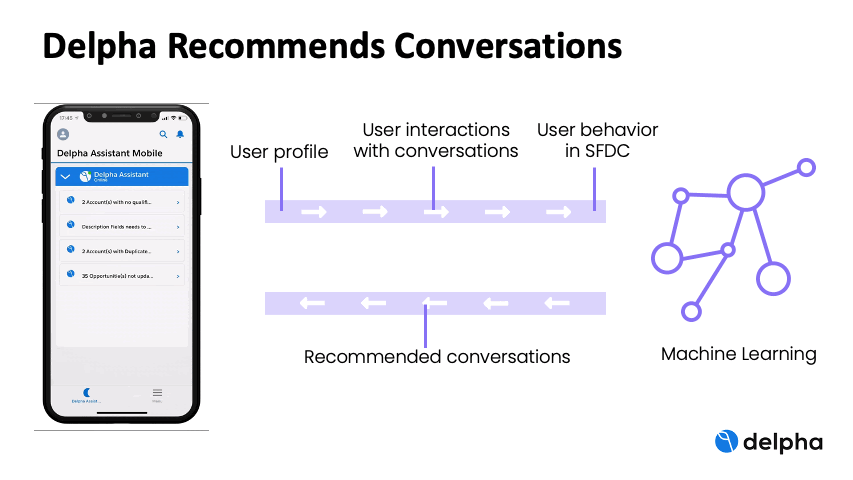
For instance, it detects the most relevant opportunities that lie high on the priority list. Delpha will scan the data and see whether you need to update an email address for an important contact or suggest following up with a lead that it has assessed to be a new potential opportunity based on other sales and lead activity.
61.3% of salespeople report having time management problems, which directly affect the performance of their department. Forbes claims that time management is a critical skill in closing deals, so sales reps need some task prioritization assistance. Delpha helps in providing the most relevant conversations to save time for sales teams.*
Diving deeper into the recommender system
Uncertainty reduction
The first method used by Delpha is uncertainty reduction: this strategy tries to select elements with little interaction because the system is less ascertained. Suppose many users gave an item high ratings, while many users gave the same thing low ratings.
In such a case, it will be difficult for the system to predict whether or not it will recommend this item. Conversely, it will exclude a component that received low ratings from almost all users from the recommendation. Therefore, collecting implicit feedback and applying it to the ratings of the content can be very informative and reduce system uncertainty when calculating forecasts.
User adaptation
This strategy is compatible with user adaptation: It attempts to personalize the active learning process to users’ particular characteristics by selecting and proposing different elements for different users to be evaluated. That happens because users may have other knowledge, familiarity, and preferences for different categories of items.
Thus, it’s not very practical to select a similar set of items for these different types of users. Consequently, taking these differences between users into account in the active learning process can lead to more accurate interpretability of the recommendation system.
A second problem concerns the appearance of a new user. In this case, we often face a new profile problem. Making recommendations to a user whom the model has not seen and about whom no information is known requires attention.
After analyzing the situation, Delpha found an attractive solution: embedding bias to perform generalized prediction. These post-practice biases symbolize the popularity of the recommendable conversation and can therefore be used for prediction purposes.
Cold start solution
The final solution implemented is called Cold Start Traffic (CST). It manages new conversations first. This conversation arrives in our traffic pool and is ready to be forwarded to the user. Pushes are performed by a Multi-Armed-Bandit system and are reward-based.
When we know the item has been sent to a user, we continue to track them and monitor their rewards’ progress. We set an object’s reward and initialize it to 0. If anyone triggers a new item in the CST, the reward is updated to reduce uncertainty.
Benefits of Delpha: improved data quality & user experience in Salesforce
Identification to correction: High-quality data for all
Delpha is the TikTok for data quality and business effectiveness. Obviously a bit less entertaining, but equally fulfilling in the benefits we create for the company. Data executives or data governance managers finally have a tool that empowers the users of their databases to improve data quality and prevent bad data from being created at the human level.
The benefit of accomplishing good quality data will translate into new value for the business from:
- reduced costs
- increased revenues
- new synergies
Learn more about the benefits of our AppExchange listing or contact us to schedule a meeting to discuss your company’s specific case. The best part is the benefits will be felt first at the user level.
Better customer experiences
Take the customer service representative for example. Delpha will detect problems in the contact records such as duplicate and incomplete data and recommend solutions. With contact records that are accurate and up-to-date, customer success teams can provide a more efficient and personalized customer experience.
Increased sales efficiency
For sales colleagues, Delpha’s recommender can provide tailored NBAs based on the individual sales rep user data, behavior on Salesforce, and previous interactions with Delpha. The tool then is able to identify missed opportunities, suggest new products, streamline tedious admin tasks and reinforce sales processes.
Having Delpha, the best AI solution for CRM equipped real-time, sales reps can improve their productivity, spend less time on low-value tasks in Salesforce and ensure accuracy with the data on their key accounts and contacts. With better data, better analytics can be conducted to improve sales strategies and operations.
If you’d like to learn more about our product, feel free to head over to our website to explore more resources. We are really excited about the positive impact that AI can have on data governance and data quality, and hopefully, you have learned about a new AI solution that you have access to if improving data quality in Salesforce is a priority for you or your organization.
Want to learn more about Delpha?


